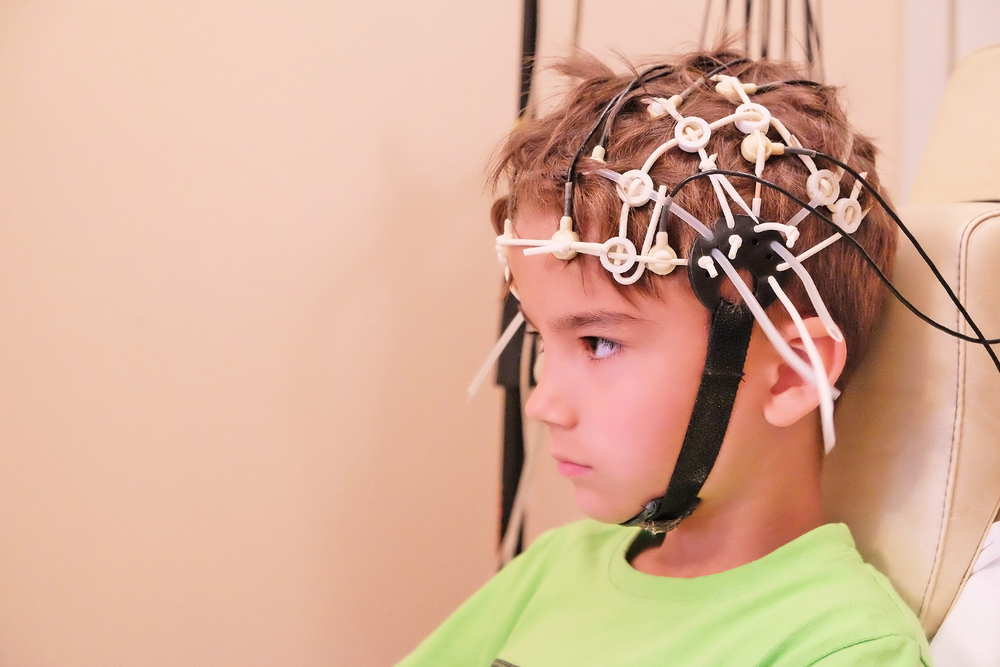Neurogene Opens Natural History Study of CLN7 and CLN5 Disease at UT Southwestern
Written by |

Neurogene is sponsoring a natural history study to better understand the course of CLN5 and CLN7 disease, two forms of late-infantile Batten disease, and to find meaningful ways of measuring patient outcomes for use in gene therapy trials.
The study is running as part of a collaboration between Neurogene and UT Southwestern Medical Center (UTSW).
“CLN7 and CLN5 are devastating and severe neurological diseases, and there are currently no treatments for them,” Berge Minassian, MD, division chief of child neurology at UT Southwestern Medical Center, said in a press release.
“Through this study, and thanks to those in the Batten disease community who choose to participate, we will soon know much more about how the disease affects those who suffer from it so that we may help the many children in need.”
Batten disease, also called neuronal ceroid lipofuscinoses (NCL), is a group of rare inherited neurological conditions caused by mutations that disturb a cell’s ability to get rid of waste products. This leads to a buildup of toxic deposits composed of fats and proteins, called lipofuscins, in tissues across the body, especially in nerve cells in the brain and cells of the eye, as well as in the skin and other tissues.
CLN5 and CLN7 are rare, pediatric-onset and rapidly progressive forms of the disease, caused by defects in the CLN5 and CLN7/MFSD8 genes, respectively.
These types of late infantile Batten disease are marked by seizures, progressive deterioration of motor skills and cognitive ability, loss of vision, and premature death.
The purpose of Neurogene’s natural history study (NCT03822650) is to investigate the clinical characteristics and natural progression of symptoms. It’s an observational study, which means no interventions will be made nor will any investigational therapy be given to participants.
The study expects to enroll 30 patients with genetically confirmed CLN5 or CLN7 disease, a mix of children and adults. Participants will undergo multiple assessments over time to address disease course, including electroencephalography or EEG, neuropsychological and ophthalmological evaluations, and brain MRI scans.
Its principal investigator is Saima Kayani, MD, a professor of pediatric neurology at UTSW. Enrollment is ongoing at UT Southwestern Medical Center in Dallas, and additional information is available here.
“Neurogene is committed to reimagining the future for people living with rare neurological diseases,” said Effie Albanis, MD, Neurogene’s chief medical officer. “This natural history study of CLN7 and CLN5 will be instrumental in designing a gene therapy to treat these rare forms of Batten disease.”





